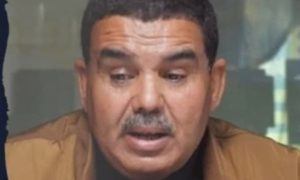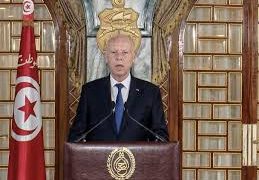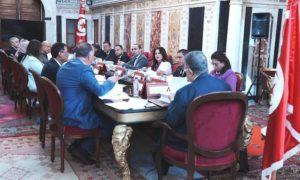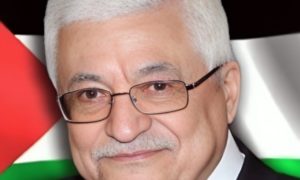Chakandali pointed out that the President of the Republic is aiming to make a sort of transformation from the West, as he does not trust it, particularly about the International Monetary Fund, this financial establishment that is supported by the West, such as the United States of America, the European Union, and the members of the Group of Seven, and he is almost persuaded that the solution is It is the orientation towards the East, while the government’s orientations and speeches to financial balances, the trade deficit, and payment of foreign debts seek to satisfy the West and the aforementioned international institutions.
The speaker underlined the necessity for this equation to be clear, suggesting that the only explanation for these multiple addresses is the quest to diversify Tunisian companies, by heading towards the East, such as China and BRICS, particularly in light of the intensification of negotiations with this axis to include investment operations in Tunisia in addition to trade exchanges. This is to lower the trade deficit between Tunisia and these countries.
He noted that it is also crucial to operate to keep trade exchanges with the West, as most of the countries are in the G7, due to the geographical location of Tunisia being close to Europe, a factor that enables Tunisian institutions in the export and supply process in terms of cost.
Concerning the problem of illegal immigration being raised at the G7 summit, which concerns Tunisia in the first place, the economist clarified that this point is extremely important for Italy because it is the country hosting the summit and is today more concerned with resolving this issue than Tunisia, due to the presence of great pressure. It is from the countries of the southern Mediterranean.
The speaker added that the memorandum of understanding that was inked and is currently in its early phases included a different approach to the West, based mainly on a relative retreat from the security approach in which Tunisia plays the role of border policeman and compensating it with the economic and investment approach that seeks to centralize employment in Tunisia, which means that… The President of the Republic must strive to further convince the West to invest in Tunisia, as the Tunisian problem today is the debts that must be paid to the European side, and it is better to alter these debts into real investments in Tunisia that stabilize the labour force and reduce illegal immigration flows towards Europe.
What's happening in Tunisia?
Subscribe to our Youtube channel for updates.










































